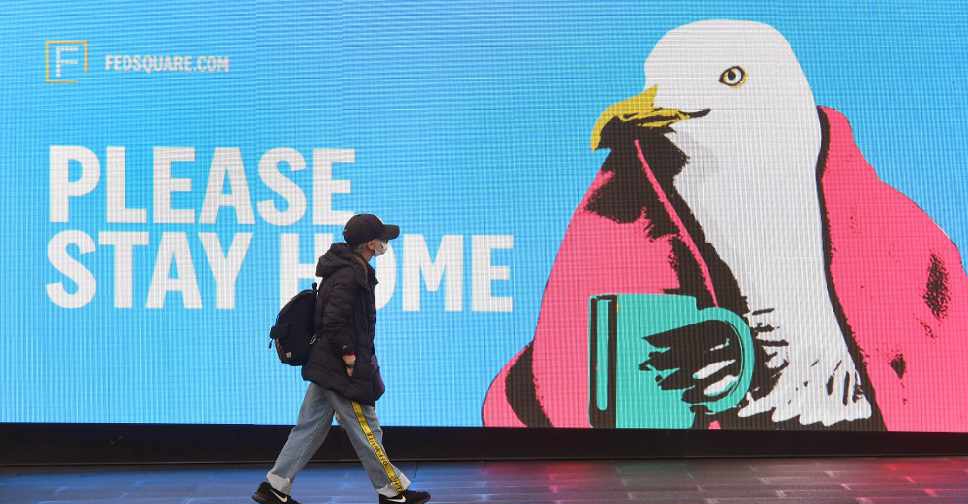
Australia fell into its deepest economic slump on record last quarter as coronavirus curbs paralysed business activity, while fresh outbreaks threaten to upend any immediate recovery.
Data from the Australian Bureau of Statistics on Wednesday showed the country's A$2 trillion ($1.47 trillion) economy shrank 7 per cent in the three months to end-June from a 0.3 per cent decline in the March quarter.
The country joins the United States, Japan, UK and Germany in a technical recession, defined as two straight quarters of decline, in Australia's first such downturn since 1991.
"This crisis is like no other," Treasurer Josh Frydenberg told reporters in Canberra.
"Today's national accounts confirm the devastating impact on the Australian economy from COVID-19. Our record run of 28 consecutive years of economic growth has now officially come to an end."
In a clear signal that the fiscal stimulus will keep flowing Frydenberg added, "our commitment to the Australian people is that we have your back. We will be with you through this crisis and...all the way out of this crisis."
The June quarter decline was also the largest in the quarterly gross domestic product (GDP) since records began in 1959.
The contraction, which was deeper than median forecasts of 5.9 per cent, comes as Australia's second most-populous state of Victoria remains in lockdown to curb the spread of the coronavirus while international borders are shut too.
Frydenberg said Victoria's lockdowns would weigh "heavily" on September quarter GDP.
More than a million people have lost their jobs since March when Australia shut down entire sectors of the economy, hitting private sector demand and investments.
The government did step up with more than A$300 billion of stimulus, though Wednesday's gloomy data underlines the need for more stimulus as the recovery is expected to be uneven and bumpy.
On an annual basis, GDP declined by 6.3 per cent.
"Looking ahead, it is clear that the path back from the COVID-19 recession will be protracted," said Sarah Hunter, chief economist for BIS Oxford Economics.
"Growth in the September quarter will be weighed down by the lockdown in Victoria, and beyond this continued health concerns, ongoing restrictions and the dialling back of income support will all weigh on the economy," Hunter added.
"We expect it to take until early 2022 for activity to return to pre-pandemic levels."
On its part, the Reserve Bank of Australia (RBA) slashed interest rates to a record 0.25 per cent in an emergency meeting in March and on Tuesday expanded its cheap funding facility for the country's lenders to keep low-cost credit flowing in the economy.
It has promised to provide additional support if needed.


 UK's Jaguar Land Rover to halt US shipments over tariffs
UK's Jaguar Land Rover to halt US shipments over tariffs
 US starts collecting Trump's new 10% tariff
US starts collecting Trump's new 10% tariff
 Nasdaq set to confirm bear market as Trump tariffs trigger recession fears
Nasdaq set to confirm bear market as Trump tariffs trigger recession fears
 Dana Gas and Crescent Petroleum exceed 500M boe in Khor Mor field
Dana Gas and Crescent Petroleum exceed 500M boe in Khor Mor field
 China to impose tariffs of 34% on all US goods
China to impose tariffs of 34% on all US goods




